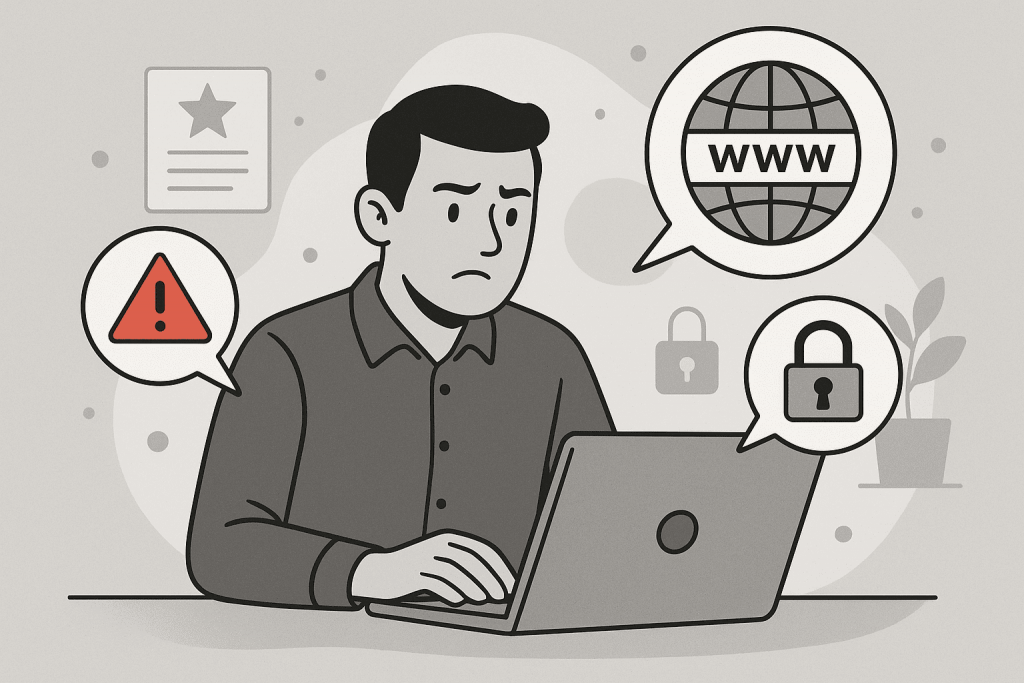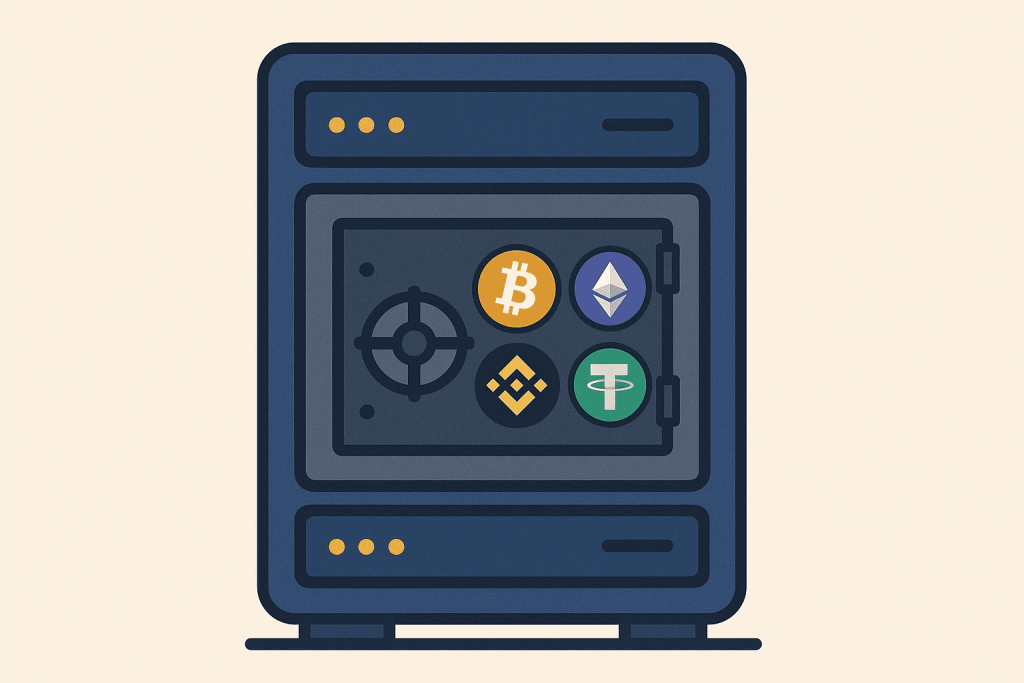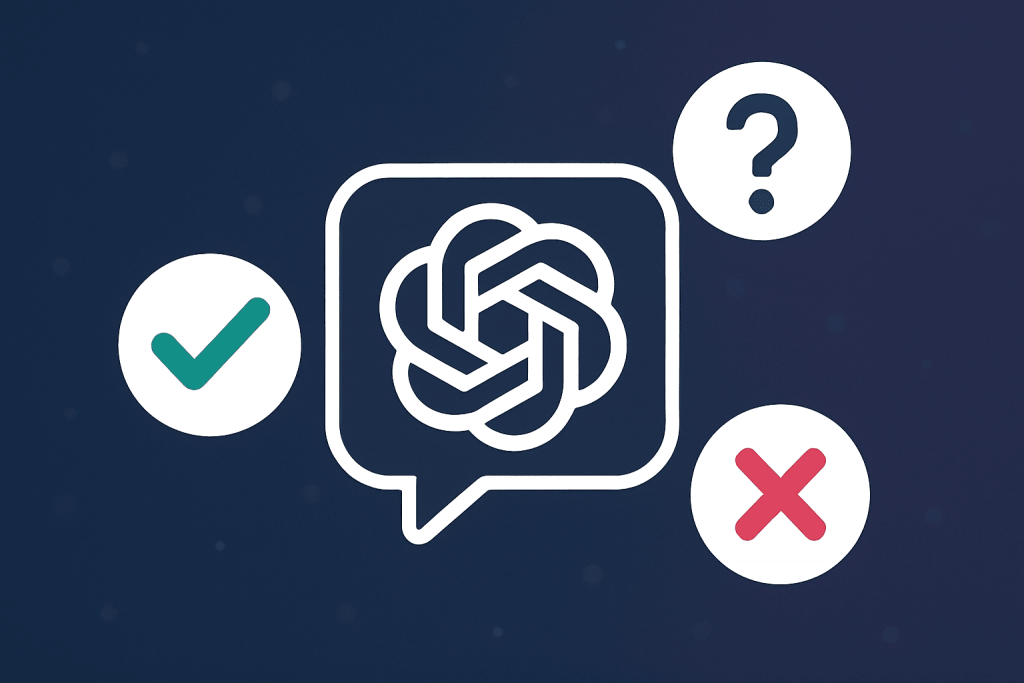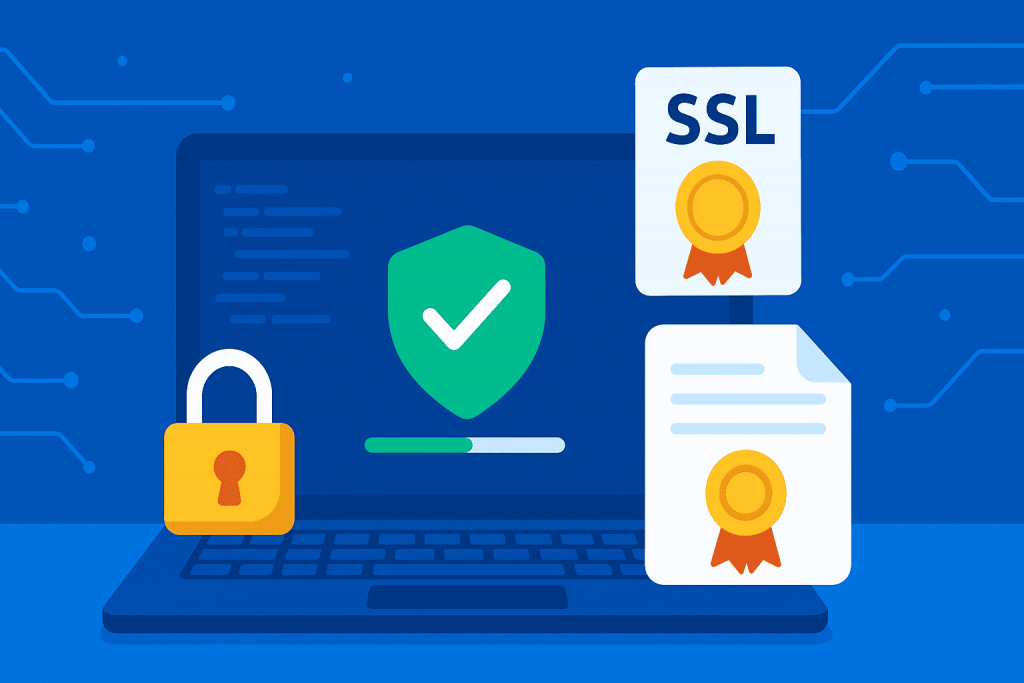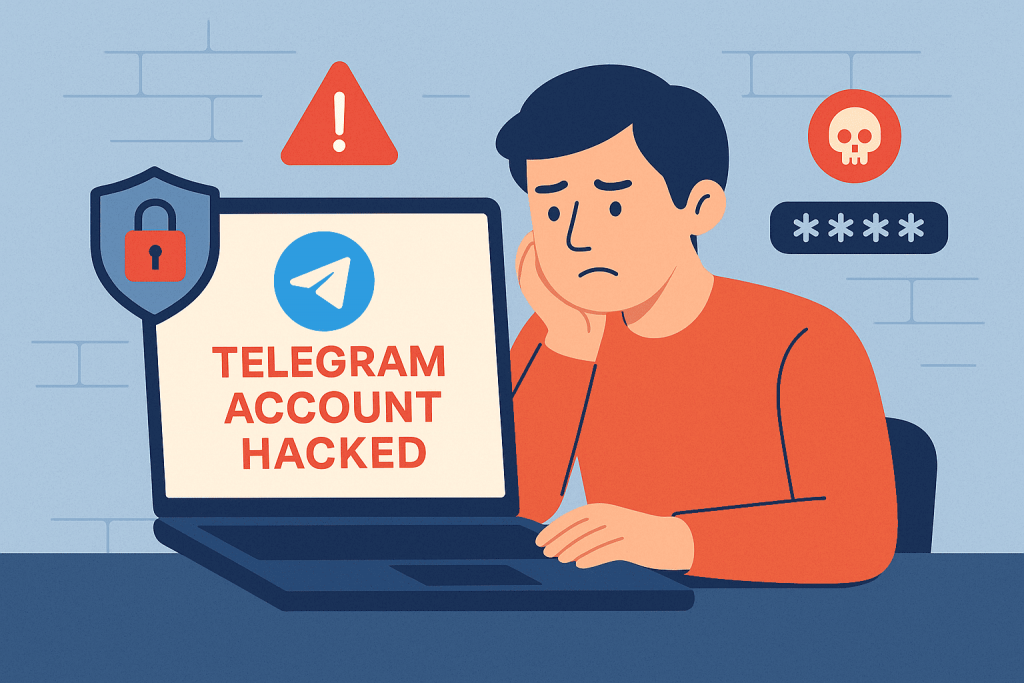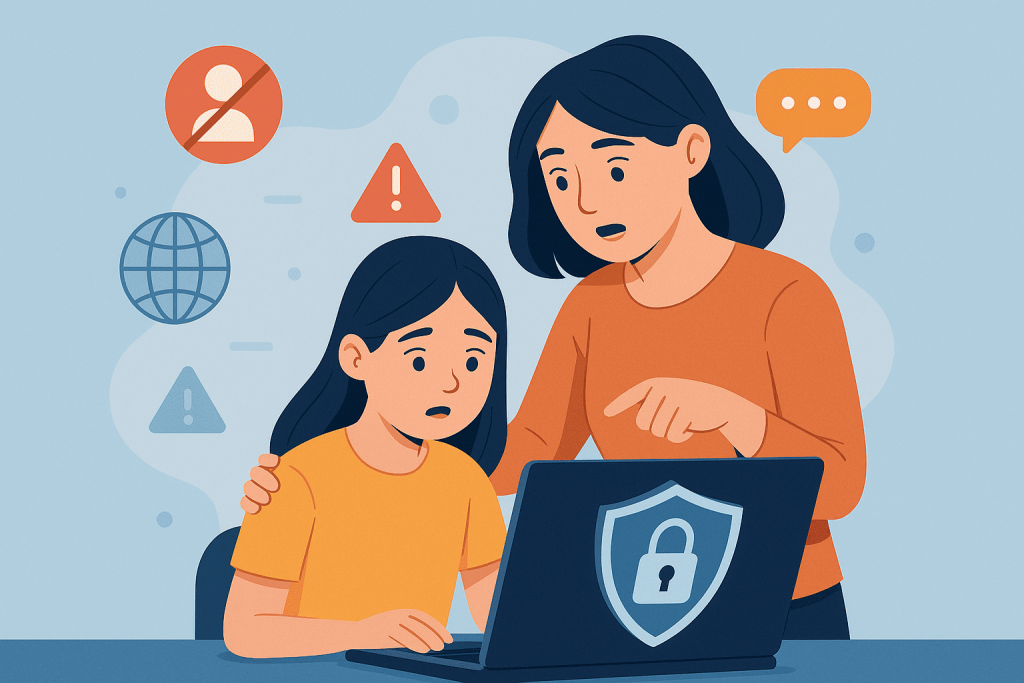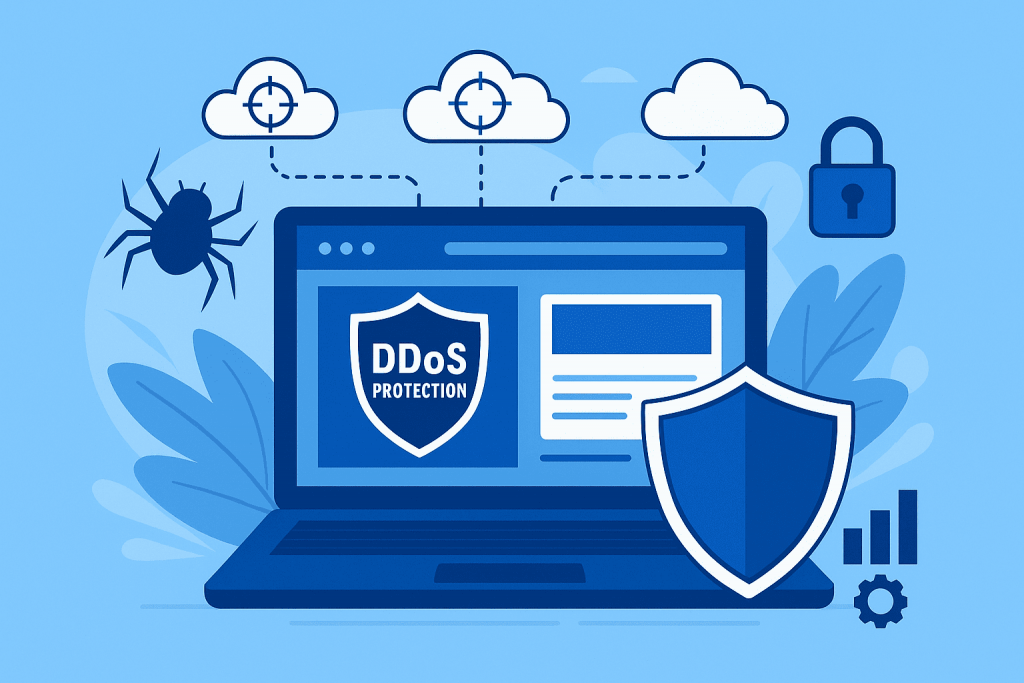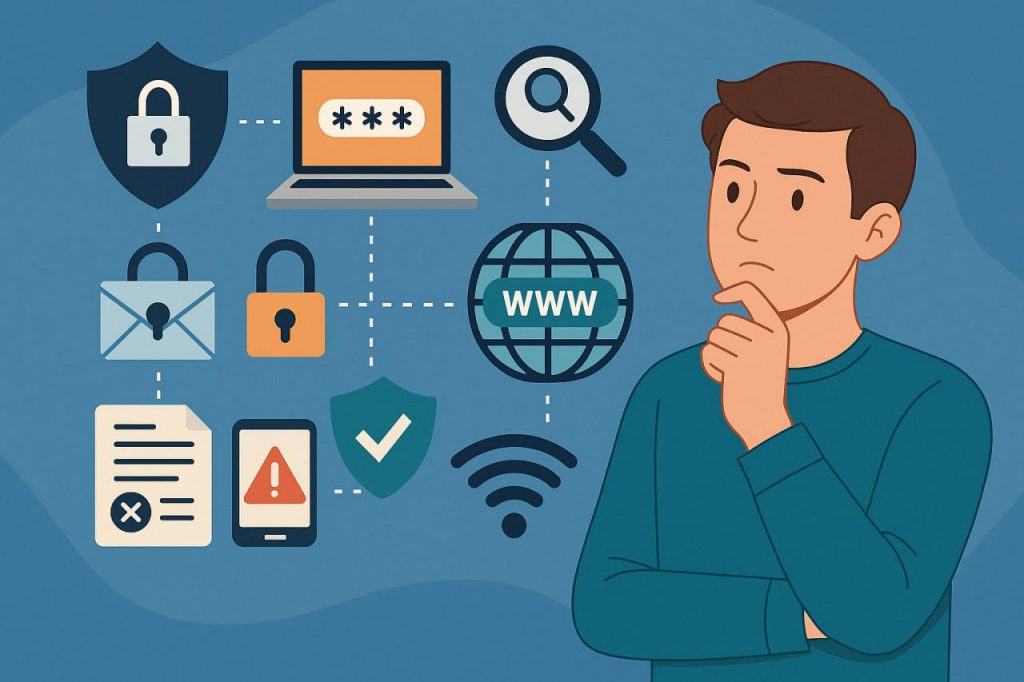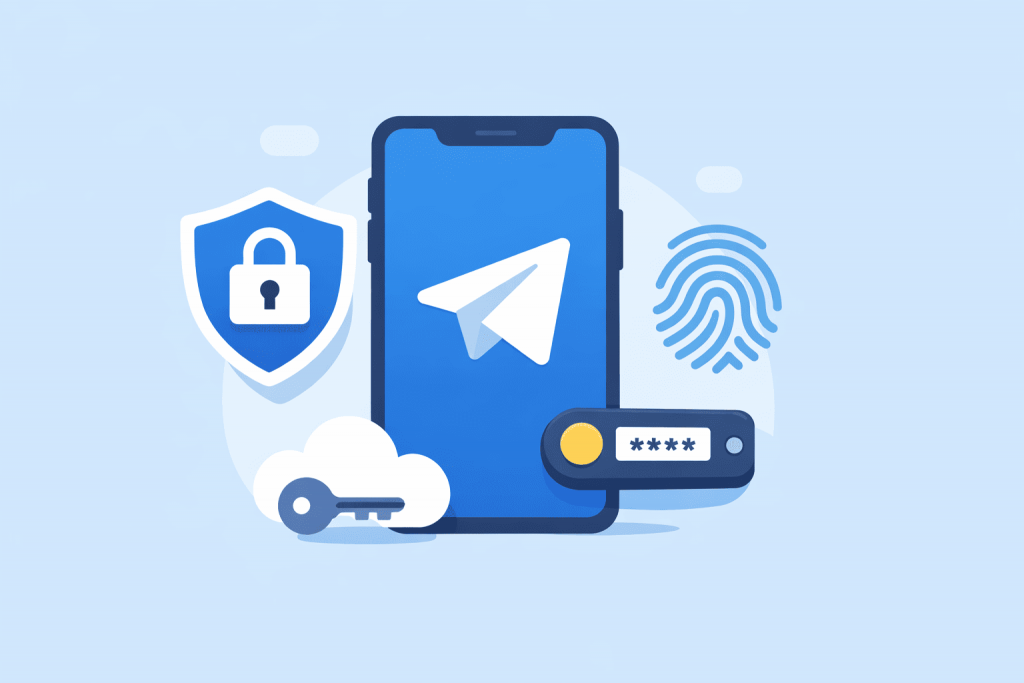
Over the past few years, Telegram has evolved from a simple messenger into a full-fledged platform for communication, work, business, and information sharing. It stores personal conversations, work chats, financial agreements, access to services, and even elements of users’ digital identity. That is why account security has become critically important. The latest Telegram update, which allows users to log in without passwords and SMS codes, is a logical step toward modern digital security.


